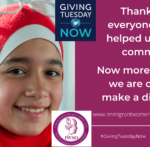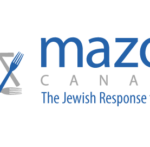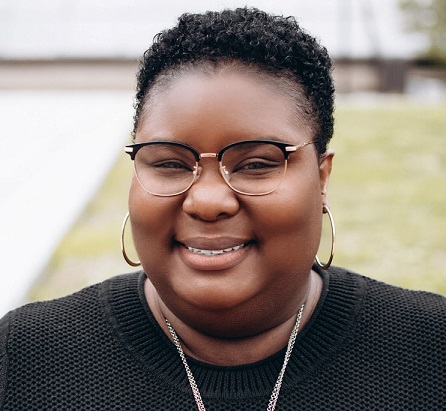 In July of this year, the Immigration and Refugee Board of Canada (the IRB) came out with its new and improved guidelines for gender-based considerations. This new guide greatly improves on its predecessor by broadening what qualifies as gender-based discrimination to encompass sexual orientation and all gender identities; addresses how other grounds for discrimination and persecution intersect with gender; and finally provides guidance to decision makers on assessing credibility and conducting hearings with individuals who have suffered gender-based trauma.
In July of this year, the Immigration and Refugee Board of Canada (the IRB) came out with its new and improved guidelines for gender-based considerations. This new guide greatly improves on its predecessor by broadening what qualifies as gender-based discrimination to encompass sexual orientation and all gender identities; addresses how other grounds for discrimination and persecution intersect with gender; and finally provides guidance to decision makers on assessing credibility and conducting hearings with individuals who have suffered gender-based trauma.
My firm, Gerami Law, knows how important it can be to raise gender-based arguments for Refugee Claimants, Applicants for Pre-Removal Risk Assessments (PRRAs), and those applying on Humanitarian and Compassionate grounds (H&Cs). However, most of the cases we get on appeal never raised gender-related issues, to the applicants’ detriment. This is an enormous missed opportunity and hopefully a review of the updates to the IRB’s gender guide will help more people put forward their best case to the IRB and even to other IRCC decision makers who stand to learn from the best practices of the IRB.
First off, the new guide addresses what we call SOGIE (sexual orientation, gender identity and expression) which the old guide was silent on. Canada recognizes that not only can your gender impact the discrimination, hardship, and risk of persecution or harm someone can face in their home country, but so too can these SOGIE factors. This guide affirms that women, girls, and those with different SOGIEs are “disproportionately impacted by gender-based violence, gender inequality and discrimination.” As a result, IRB members should be better versed in understanding claims for protection on these grounds and applicants have a new resources to cite in their own submissions.
Second, the new guide finally discusses and explains to decision makers how different aspects of someone’s identity interact with one another to worsen the discrimination, persecution, or hardship someone may go through. For example, while many protestors may be persecuted due to their political opinion, female protestors face worse abuse in the hands of certain authorities. As, unfortunately, many Iranian women can now attest to. Sometimes intersectionality can be subtler, such as elderly single women being more at risk than either younger married women or elderly men, but the point remains the same: the whole of a person’s identity can lead to greater hardship or persecution than the sum of their parts.
Perhaps the most important update to the gender guidelines are that they now explain and instruct decision makers on conducting trauma-informed hearings. Many people who have been through trauma will have symptoms such as dissociation or impaired memory, which can lead to discrepancies or other issues that a decision maker can use to say that they don’t believe them. However, the new guide makes clear that where there is trauma the decision maker must consider how someone’s trauma may be impacting their testimony and adjust their expectations accordingly. The emphasis on accommodating persons who have suffered trauma, in particular, gender-based violence, should not only lead to more graceful and effective hearings but should be raised by applicants if they feel that a particular line of questioning or framing of words is demeaning. IRB members have now been given strict guidance to avoid harmful myths around those who have suffered gender-based violence and they, along with all other immigration decision makers should be held to these new standards.
The IRB’s new guide to gender considerations is a dramatic improvement on its predecessor and can not only be used by IRB board members to better adjudicate the claims before them, but can serve as a valuable resource to support women and LGBTQ individuals to advocate for themselves.
Immigrant Women Services Ottawa
219 Argyle Avenue, Suite 400
Ottawa, Ontario
K2P 2H4
Tel: 613-729-3145
Fax: 613-729-9308







